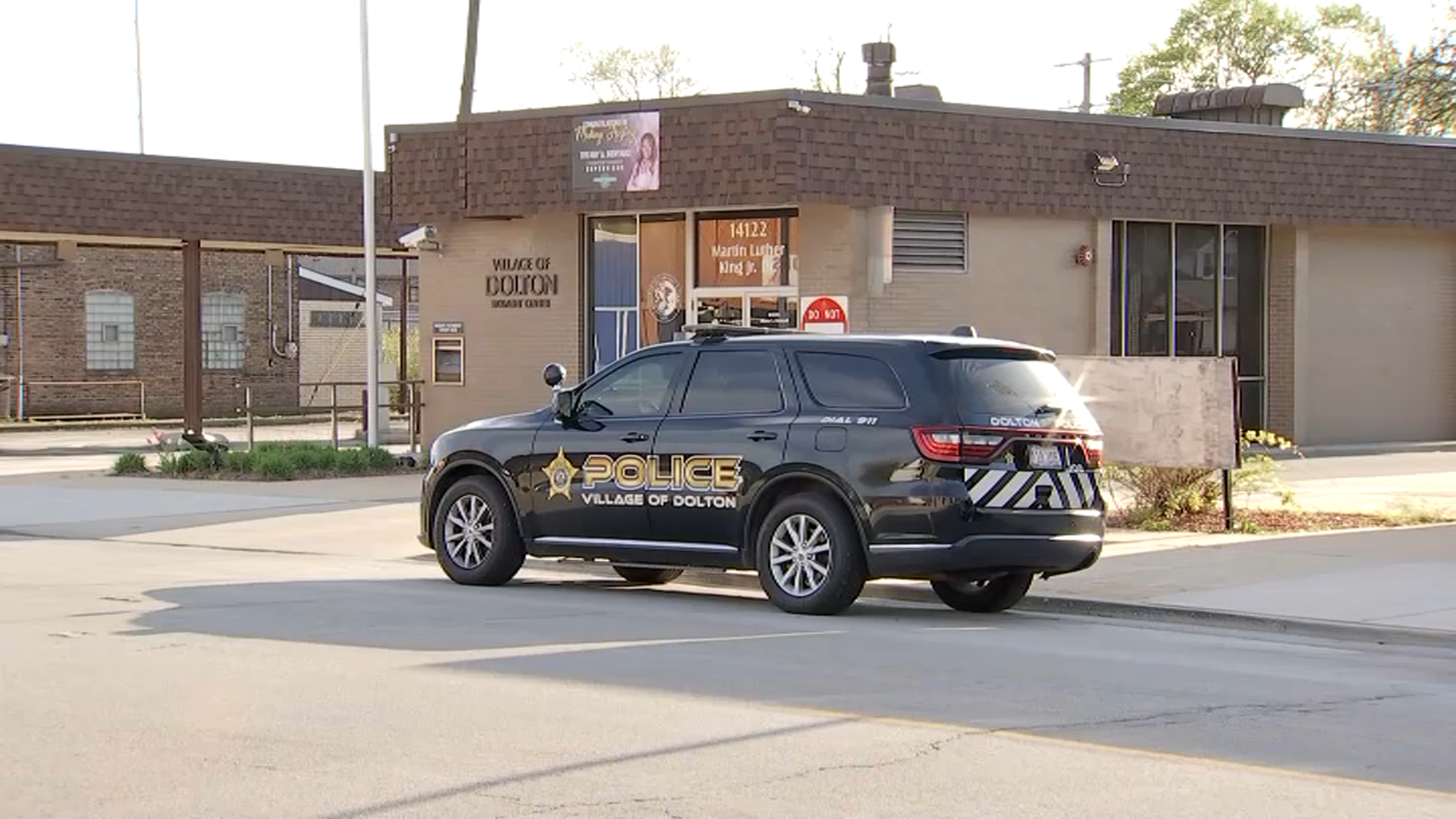Here’s a question the Bruce Rauner campaign might want to ask itself as it heads into the November election for governor:
Are there any real socially-conservative “values voters” left in Illinois?
If there are, they don't all seem that thrilled with the prospect of Bruce Rauner for governor.
You remember “values voters.” They were part and parcel of the whole “Reagan revolution” of the 1980s that was driven in part by organizations such as the conservative think tank The Heritage Foundation and Christian Right leaders like Jerry Falwell and Pat Robertson. As part of an effort to return America to its “conservative values,” the movement gave rise to an era of culture wars, which, in turn, helped create a group of voters known for using hot-button social issues such as abortion and gay marriage as litmus tests for supporting a candidate.
Local
While never a deeply red state, there was a moment not that long ago when values voters mattered in Illinois electoral politics. In 2004, a deeply divided and chaotic Illinois Republican Party nominated Alan Keyes to run for U.S Senate against the relatively-unknown Barack Obama. Keyes was known for his hard-core and sometimes radical social conservatism, including supporting an amendment to the U.S. Constitution banning same-sex marriages, outlawing abortion and establishing state-sanctioned prayer in public schools.
Despite being flown in from out of state just to run, Keyes did surprisingly well in certain parts of the state, winning no less than 10 counties outright, all of them downstate. While viewed by most as a humiliating defeat for Illinois Republicans (Obama won with 70 percent of the vote), some folks in the deeply conservative parts of downstate took solace that Illinois Republican Party was listening to their views on such important matters.
Why today’s history lesson? Because underneath the surface of what looks like a smooth sailing Rauner campaign, there are signs not everyone in the Republican voter base is convinced he’s the man for the job. And doing a lot of the grumbling, it seems, are today’s descendants of yesterday’s values voters: Tea Party loyalists.
For proof, take a listen to Rick Newton. He’s the leader of the Tri-County Tea Party, which includes DuPage, Cook and Lake counties, two of which are critical suburban collar counties in any gubernatorial race. In a recent email to supporters, Newton outed Republican voters who are questioning whether they can support Rauner in the November election.
In a blog post about the email, conservative political site Illinois Review wrote:
Monday, Tri-County-Teas Party leader Rick Newton broke through a perceived hush among Illinois conservatives about what to do in the November election. Newton, whose group meets twice a month, said in an email plea that conservatives have been hesitant to lock arms in support of Rauner, mostly questioning whether he was "conservative enough" for their support.
The truth is, Rauner is very likely to have trouble gaining support of the kinds of voters conservative enough to give a damn about social values and issues, like Tea Party voters. That’s because, in an effort to make himself electable to the widest possible voter base, Rauner and his running mate, Wheaton city council member Evelyn Sanguinetti, have bent over backwards to avoid taking a position or even mentioning social issues such as abortion and same-sex marriage.
And for socially conservative voters who call themselves Republicans, that’s gotta hurt.
And while social issues may not be such a hot topic in political circles as they used to be, there are still signs some voters care deeply about such topics. A recent poll commissioned by Paul Schimpf, GOP candidate for attorney general, found that a sizeable component of Illinois voters believe issues such as abortion, gun rights, gay marriage and the like would significantly influence their choice of a candidate.
More over, Rauner’s views—and personal history—on issues such as tax policy, pension reform and economic growth put him at odds with other conservative voters for whom fiscal conservatism is the number one issue in Illinois politics. For them, Rauner is seen as a hypocrite on these issues, having made millions managing state pension funds he now wants to cut, making voters pay more in taxes when he slashed his own income tax payments and donating money to Democrats as a matter of course.
Further, a recent analysis of Tea Party support across the country found that no less than nine Illinois counties where Tea Party favorability ranks above 50 percent—all of them downstate.
To his credit, Rauner recognizes the challenges he faces in cobbling together a winning coalition among Republican voters and power brokers in advance of the November election. That’s why he’s pouring money into local political organizations, funding a critical absentee ballot operation and predicting a GOP majority in Illinois in eight years, all in an effort to keep the troops in line and make friends for the day when he might actually occupy the governor’s mansion.
From today’s perspective, everything the Rauner campaign is doing seems to be working. After all, he’s sitting on a 14-point lead over his Democratic rival, Pat Quinn.
But while it may look like a juggernaut now, the Rauner campaign is by no means assured waltzing into office come Election Day. The race is widely expected to tighten up by November, with perhaps nothing more than a few percentage points separating the winner from the loser.
And, if it turns out Rauner finds himself losing a tight race, social conservative voters who feel left out in the cold today might end up making a bigger difference than anyone thought.
I wonder if the Rauner campaign has noticed not everyone in the Illinois Republican party is as enthusiastic about his campaign as he is.



